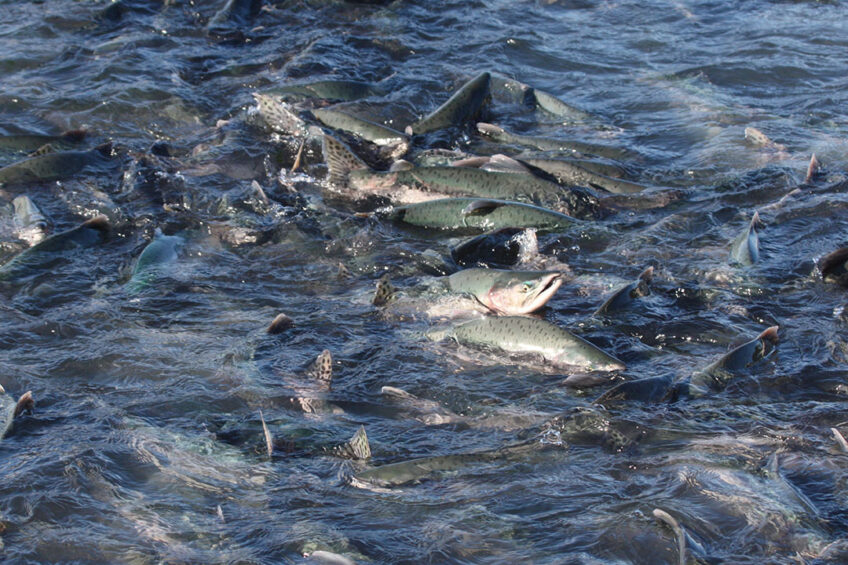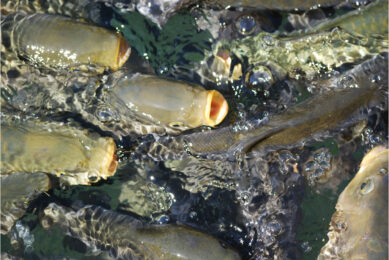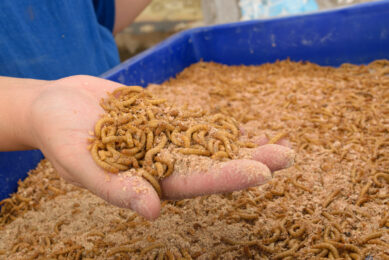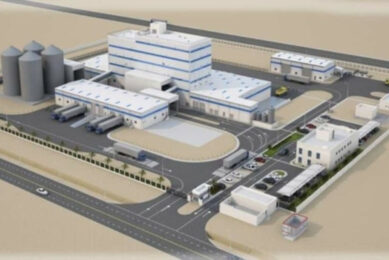Russia’s first large-capacity black soldier fly plant green lit

The Russian Agricultural Ministry has given the green light to the construction of the country’s first large-capacity black soldier fly plant, among other things, eyeing self-sufficiency in fish feed production.
The plant is due to be constructed in the Central Federal District, the Ministry said, not pinpointing an exact location. At the initial stage, it will manufacture 3,000 tonnes of protein meal and around 900 tonnes of lipide concentrate per year, though the long-term goal is to scale up the capacity to 150,000 tonnes of feedstuff per year, the Ministry indicated.
More fish feed protein is needed
One of the project’s key targets is to boost protein supply to the meet the demand on the Russian market of feed for valuable fish species, the Ministry explained.
By 2030, Russian aquaculture will consume around 610,000 tonnes of fish feed per year. To beat that target the country needs between 110,000 and 150,000 tonnes of fish meal and between 55,000 and 70,000 tonnes of fish oil, the Ministry calculated.
As foreign experience has shown, protein and fat from insects can serve as an effective replacement for fish meal and oil, the Ministry emphasised.
In February 2024, Russian Deputy Prime Minister Victoria Abramchenko said that the scope of insect meal use should be narrowed down to fish feed. She said the concept under which insect meal production is scaled up in other countries would not fit Russia.
Salmon feed in the spotlight
By 2030, Russia will fully meet its demand in salmon feed, Dmitry Patrushev, the Russian Agricultural Ministry disclosed.
As of today, capacities for salmon feed production are being established in 15 Russian regions, Patrushev said. The plan is to expand production by 250,000 tonnes by the end of the decade, which, Patrushev stated, would be sufficient to fully meet the growing demand.
State aid provided
The new fish feed production project is being launched partly thanks to generous state aid. The Russian authorities subsidise the interest rate on bank loans and partially reimburse capital costs associated with feed mill construction and modernisation.
Patrushev added that while strong capacity growth in the fish feed segment is in the pipeline, the lack of broodstock, another persistent problem of Russian aquaculture, has yet to be addressed. He indicated that the Russian authorities plan to develop a set of state support measures to ensure similar progress in this field.
Join 26,000+ subscribers
Subscribe to our newsletter to stay updated about all the need-to-know content in the feed sector, three times a week. Beheer
Beheer











 WP Admin
WP Admin  Bewerk bericht
Bewerk bericht